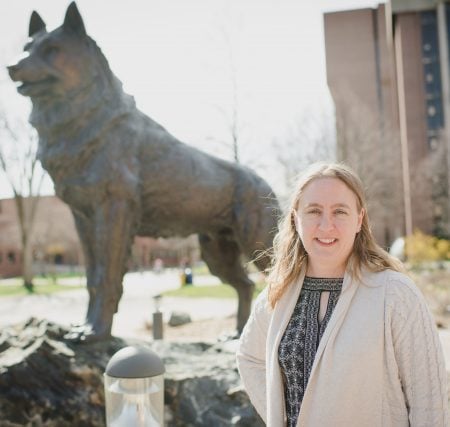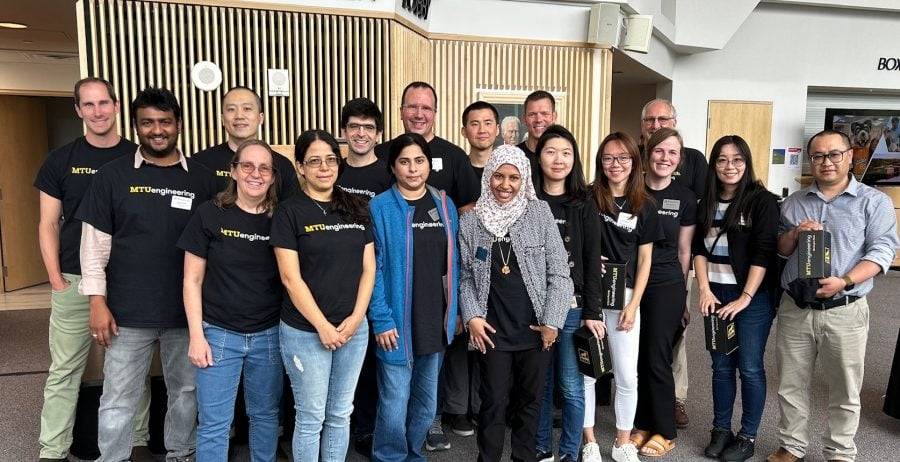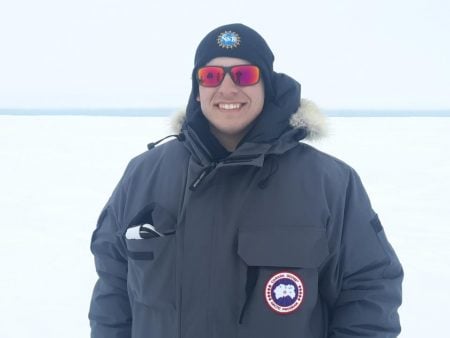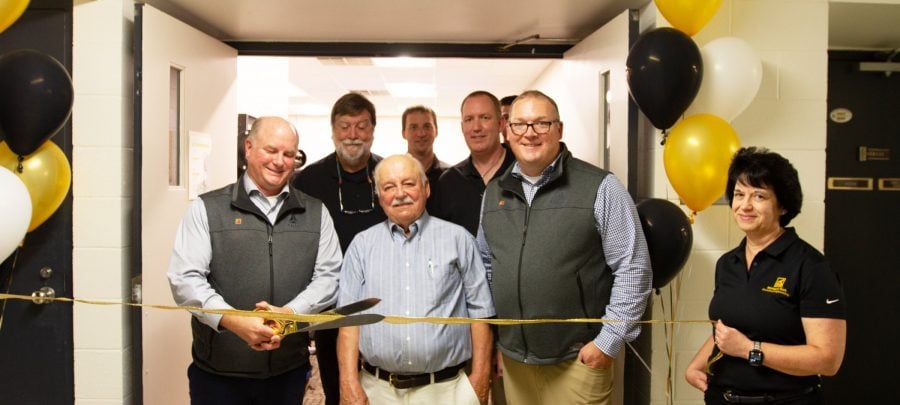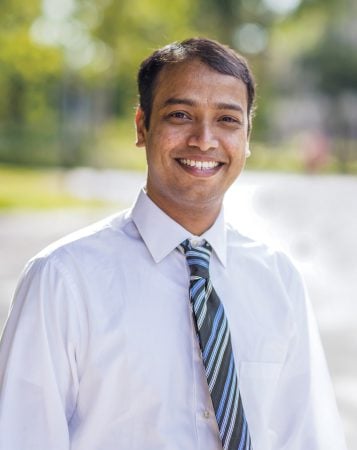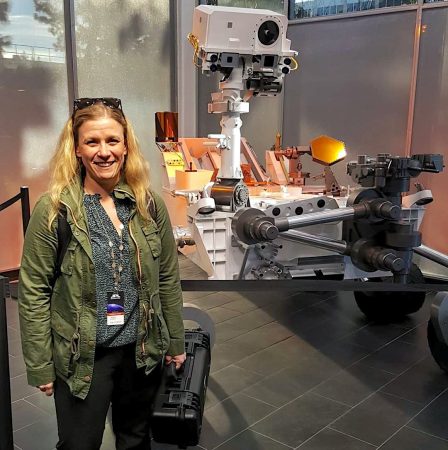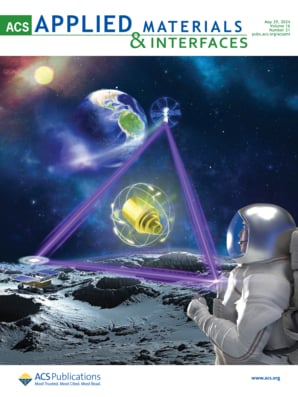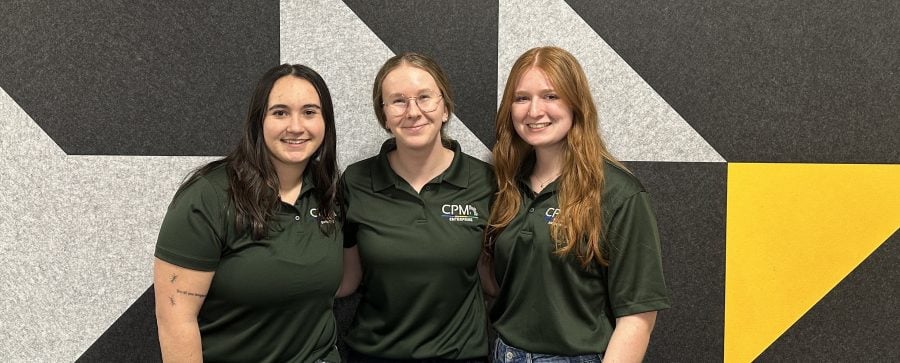
Michigan Tech Enterprise Teams lead to industry partnerships and the kind of experience that employers are looking for. In the case of a Consumer Product Manufacturing Enterprise (CPM) team, the research they conducted led to publication and fewer single-use beverage containers on campus.
CPM enterprise works on multiple projects for multiple years, with the group breaking out into subteams. For their project, the CPM OneTumbler team partnered with campus housing to give all first-year Huskies in 2023’s incoming class a Michigan Tech OneTumbler, as a way to promote sustainability on campus.
